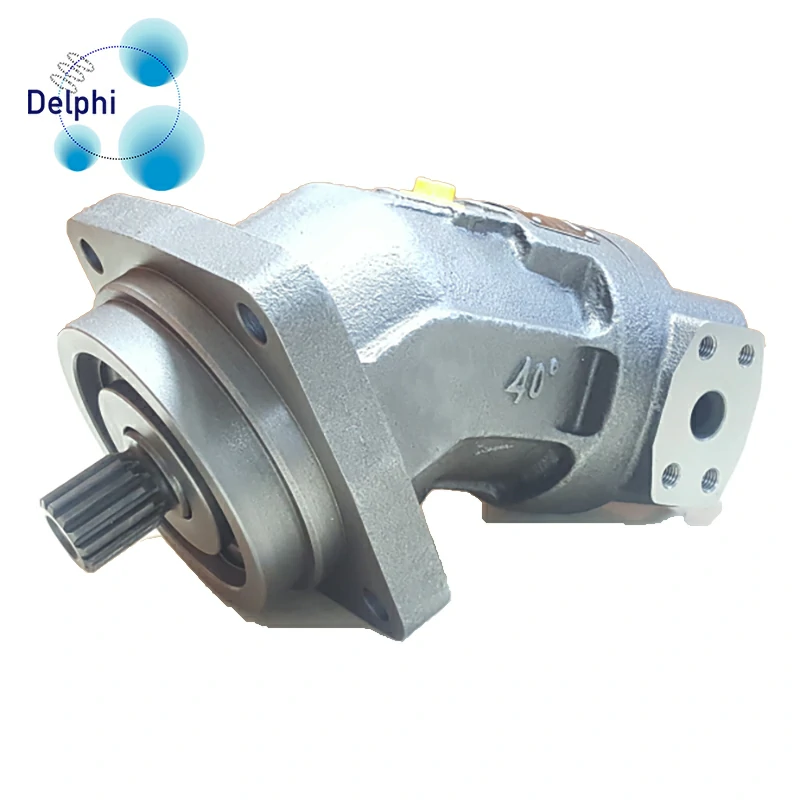Here are some ways hydraulic motors typically contribute to sustainability:
- Energy Efficiency:
- Hydraulic motors, including those in the A2FE Series, are designed for energy efficiency. They aim to convert hydraulic power into mechanical power with minimal energy losses, reducing overall energy consumption in manufacturing processes.
- Variable Speed Operation:
- Hydraulic motors with variable speed capabilities, often achieved through the use of Variable Frequency Drives (VFDs), allow for precise control of motor speed. This contributes to energy savings by matching the motor output to the specific requirements of the manufacturing process.
- Efficient Power Transmission:
- Hydraulic motors are known for efficient power transmission. A2FE Series Motor manufacturer They can deliver high torque at low speeds, making them suitable for a wide range of industrial applications and minimizing the need for additional gearing or transmission components.
- Regenerative Braking and Energy Recovery:
- Some hydraulic systems, including motors, incorporate regenerative braking mechanisms. This feature allows the motor to recover energy during deceleration or braking, converting it back into usable power and improving overall energy efficiency.
- Predictive Maintenance:
- Advanced hydraulic motors may include sensors and monitoring systems for predictive maintenance. Early detection of potential issues allows for proactive maintenance, reducing downtime and extending the lifespan of the motor.
- Use of Eco-Friendly Fluids:
- The choice of hydraulic fluids used in the system can impact sustainability. Some hydraulic systems use biodegradable or environmentally friendly fluids, contributing to reduced environmental impact in case of leaks or spills.
- Material Selection and Durability:
- Hydraulic motors designed with durable materials contribute to longer lifespans, reducing the frequency of replacements and minimizing waste. Additionally, motors built for reliability decrease the likelihood of unexpected failures.
- Compact Design and Space Efficiency:
- Hydraulic motors often have a compact design, allowing for space-efficient installations. This can be advantageous in manufacturing facilities where space optimization is essential for overall efficiency.
- Noise Reduction:
- Hydraulic motors designed with features to minimize noise contribute to a better working environment for operators. A2FE Series Motor supplier Reduced noise levels can also align with sustainability goals related to workplace safety and comfort.
- Recyclability:
- Consideration for recyclability in the design of hydraulic motors contributes to sustainable manufacturing practices. Manufacturers may use materials that are easily recyclable at the end of the motor’s life.
- System Integration and Smart Control:
- Hydraulic motors that seamlessly integrate with smart control systems contribute to overall system efficiency. Smart control allows for real-time adjustments based on demand, optimizing energy use and reducing waste.
To understand how the A2FE Series Motor specifically contributes to sustainability in manufacturing, it is recommended to refer to the product documentation, technical specifications, and any sustainability features highlighted by the manufacturer. Additionally, consulting with the manufacturer or industry experts can provide more detailed insights into the motor’s sustainability characteristics.
